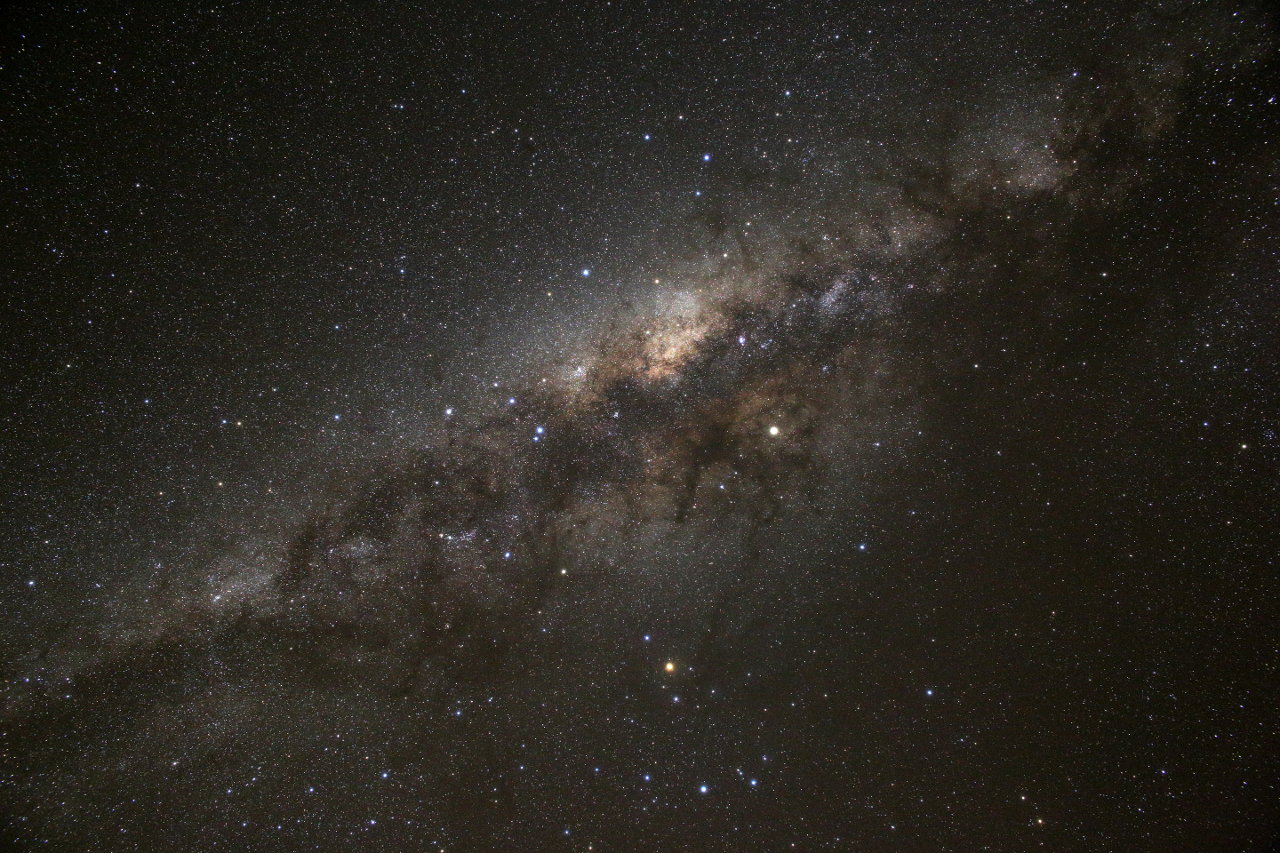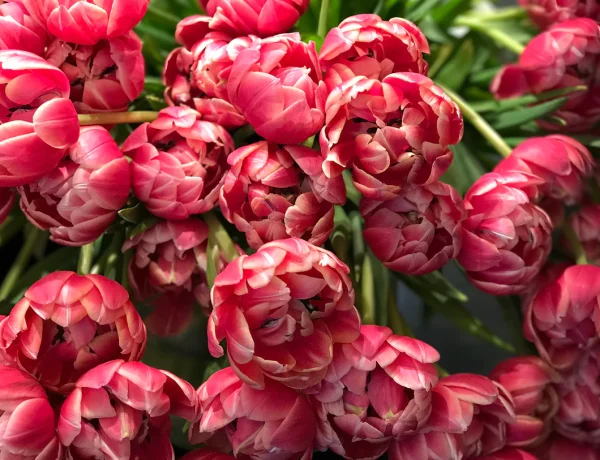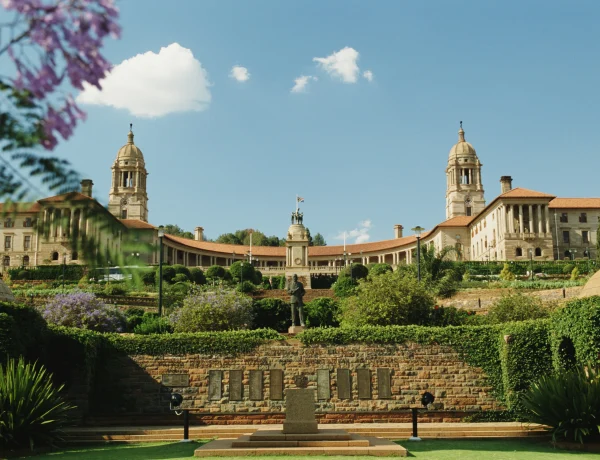Beneath South Africa’s vast open skies lies a celestial spectacle waiting to be discovered. In the heart of this captivating country, designated dark sky reserves offer stargazers a front-row seat to the wonders of the universe. South Africa’s commitment to preserving its pristine night skies has led to the establishment of these protected areas, where the brilliance of the stars, planets, and galaxies shines unhindered. Join us on a cosmic journey as we introduce you to South Africa’s dark sky reserves, provide valuable astronomy tips, reveal the recommended observatories, and unveil the celestial events that await your gaze.
South Africa’s Dark Sky Reserves: A Window to the Cosmos South Africa boasts two internationally recognized dark sky reserves: the Richtersveld Transfrontier Park in the Northern Cape and the Kruger to Canyons Biosphere Reserve in Mpumalanga and Limpopo. These reserves have implemented lighting regulations to minimize light pollution, making them ideal locations for stargazing. Their remote and pristine landscapes offer unparalleled opportunities to connect with the cosmos.
Astronomy Tips for Stargazing Success:
- Plan Your Visit: Check the moon phase and weather conditions before heading out for stargazing.
- Bring the Essentials: Pack warm clothing, comfortable seating, a red flashlight (to preserve night vision), and a star chart or stargazing app.
- Choose the Right Time: The best stargazing typically occurs during the new moon phase when the sky is darkest.
- Let Your Eyes Adjust: Allow your eyes to adapt to the darkness for at least 20 minutes to see faint celestial objects.
- Use Binoculars or a Telescope: Enhance your stargazing experience by using binoculars or a telescope to observe distant galaxies, planets, and nebulae.
Recommended Observatories: Where Stars Come to Life
- Sutherland Observatory: Located in the Northern Cape, Sutherland is home to the South African Astronomical Observatory (SAAO). Visit the observatory for guided tours, public talks, and access to powerful telescopes.
- Maropeng Visitor Centre: Near Johannesburg, this center offers stargazing experiences in the Cradle of Humankind. Explore the cosmos with resident astronomers and their telescopes.
- Karoo Desert National Botanical Garden: In Worcester, this garden hosts regular stargazing evenings with astronomers who provide insights into the night sky.

Celestial Events to Witness:
- Meteor Showers: South Africa offers front-row seats to meteor showers like the Perseids (August) and the Geminids (December).
- Lunar and Solar Eclipses: Keep an eye on upcoming lunar and solar eclipses for a rare celestial spectacle.
- Planetary Alignments: Witness the alignment of planets like Jupiter and Saturn, which occurs every 20 years or so.
Best Time for Stargazing: The best time for stargazing in South Africa is during the winter months (May to September), as the skies are typically clearer, and there is less humidity. However, stargazing can be enjoyed year-round, with each season bringing its unique celestial wonders.
South Africa’s dark sky reserves invite you to embark on a cosmic journey, where the brilliance of the night sky comes alive in all its glory. Whether you’re a seasoned astronomer or a novice gazer, these reserves offer an unforgettable experience. Armed with astronomy tips, a sense of wonder, and a desire to explore the universe, you’re ready to discover the magic of starry nights in South Africa. So, set your sights skyward, and let the cosmos inspire you with its beauty and mystery.




No Comments